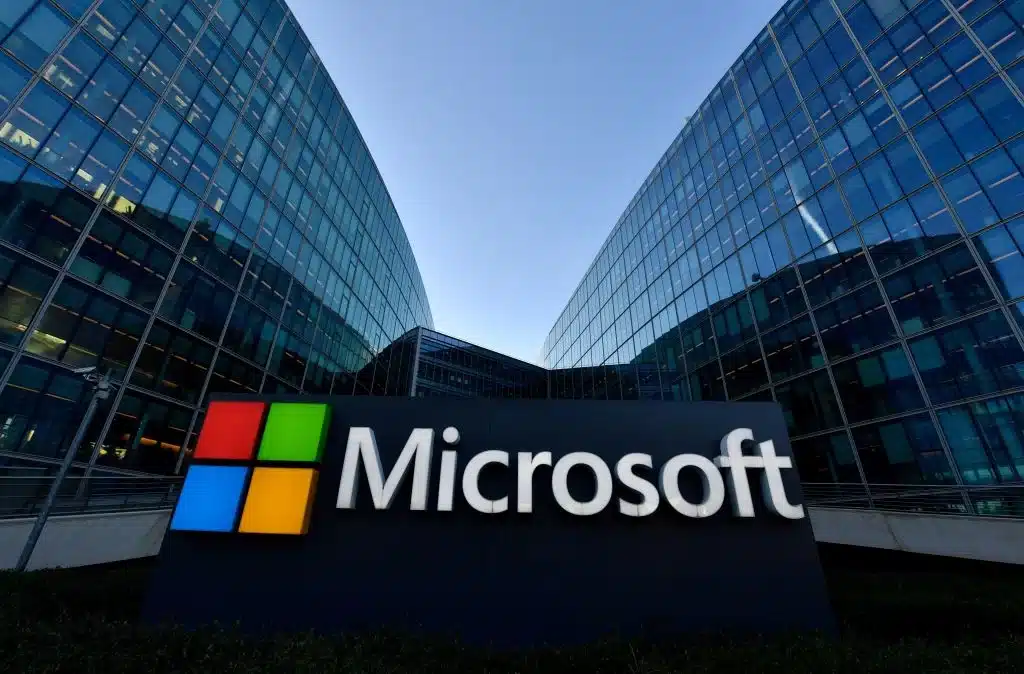Source: Pixabay No Attribution Required
Cybersecurity is an indispensable component of a company’s marketing strategy because it directly affects customer trust, brand, reputation, and business operations. Cybersecurity offers a bulwark of protection to companies, ensuring a secure environment for stakeholders. It mitigates risks of financial losses, cyberattacks, and the like.
A solid cybersecurity posture presents an all-encompassing strategy for credible marketing operations. Small and medium-sized enterprises understand the risks of insufficient security coverage regarding compliance with regulations, competitive advantage, and brand reputation management.
- Why Cybersecurity is Indispensable – Compliance with Regulations
Regulatory cyber compliance is mandatory – it’s not a choice issue. Myriad industries maintain strict privacy regulations that SMEs must adhere to. Failure to comply with these stringent regulatory requirements can have severe ramifications for businesses, with punitive measures, shuttering operations, and loss of consumer trust. All of this can severely hinder marketing initiatives.
- Why Cybersecurity is Indispensable – Competitive Advantage
In a fiercely competitive global marketplace, a safe and secure infrastructure is one of the chief ways that companies stand apart from others. By showcasing their commitment to privacy protections, the integrity of customer data, and ironclad security protocols, SMEs can deliver value propositions to stakeholders up and down the value chain.
- Why Cybersecurity is Indispensable – Brand Reputation Management
In today’s world, data breaches can cause serious damage to companies. This can easily lead to customer loss, negative publicity, and a steep drop in earnings. By implementing ironclad cybersecurity measures, companies can position themselves for success by preventing such incidents.
The Role of Software Composition Analysis (SCA) in Strengthening Marketing Strategies
The interconnected digital landscape warrants a new approach to cybersecurity. Monitoring IoT devices with legacy IT security systems is not enough. Enter Software Composition Analysis. The right SCA tool is vital to safeguarding marketing operations, protecting brand assets, and ensuring the long-term viability of the business.
SCA mitigates vulnerabilities caused by third-party open-source software, ensuring a secure foundation for marketing. When companies integrate SCA into workflows, they can remain compliant, protect sensitive data, and preempt security risks.
Open-source components offer many benefits but often come at the cost of significant vulnerabilities. Organizations can be exposed to many risks with open-source protocols. SCA resources proactively scan and assess code bases, identify risks in real-time, and help mitigate potential cyber security risks.
This continuous monitoring is precisely what a modern business requires. It aligns with the marketing demand for reliable and seamless digital platforms and mitigates disruptions and potential data breaches.
Significantly, SCA boosts customer trust. This forms the bedrock of successful marketing campaigns. By demonstrating a commitment to secure platforms and protected user data, companies can certainly enhance their reputation with software composition analysis. Teams can now focus on creativity and strategy instead of firefighting security issues.
Ultimately, SCA is a powerful tool that works. It can be integrated into marketing operations to protect the organization, empower innovation, and ensure campaigns are executed in a trustworthy environment. This is sacrosanct, where SCA helps to sustain customer loyalty and achieve strategic objectives.
The Importance of Integrating Cybersecurity into Marketing Strategies ![]() Source: Pixabay No Attribution Required
Source: Pixabay No Attribution Required
Incorporating cybersecurity into marketing strategies is a business imperative, not an optional undertaking. Marketing teams routinely operate in a digital-first landscape. Customer interactions, marketing campaigns, and brand assets are increasingly hosted online in this arena. Any breach in cyber security protocols can disrupt these operations. It can also lead to compromised campaigns, stolen customer data, and massive reputational damage.
At its heart, cybersecurity strengthens the bedrock of marketing by safeguarding critical customer information. It maintains campaign integrity and protects brand assets. For example, secure platforms and encrypted communications assure customers that their data is safe. This is an atmosphere of trust. This trust & credibility directly translates into brand loyalty. It also gives the SME a competitive edge in crowded markets.
Importantly, integrating, cyber security into marketing strategies allows SMEs to proactively address vulnerabilities. If left unaddressed, they can derail campaigns. Phishing attempts, malware, adware, fraudulent activity, and any cyber breach can be mitigated through robust cyber security protocols. Marketing teams must prioritize their security, protect their assets and align with companywide compliance efforts. This reinforces a culture of accountability.
Cybersecurity integration in marketing strategies empowers innovation. It bolsters the confidence of customers and stakeholders up and down the value chain. Security enhancements, risk mitigation initiatives, and confidence-boosting measures drive improved results. By making cybersecurity the cornerstone of a marketing strategy, companies can ensure sustained growth, operational resilience, and a sterling reputation. This is imperative in a dynamic, fast-paced business climate.





















